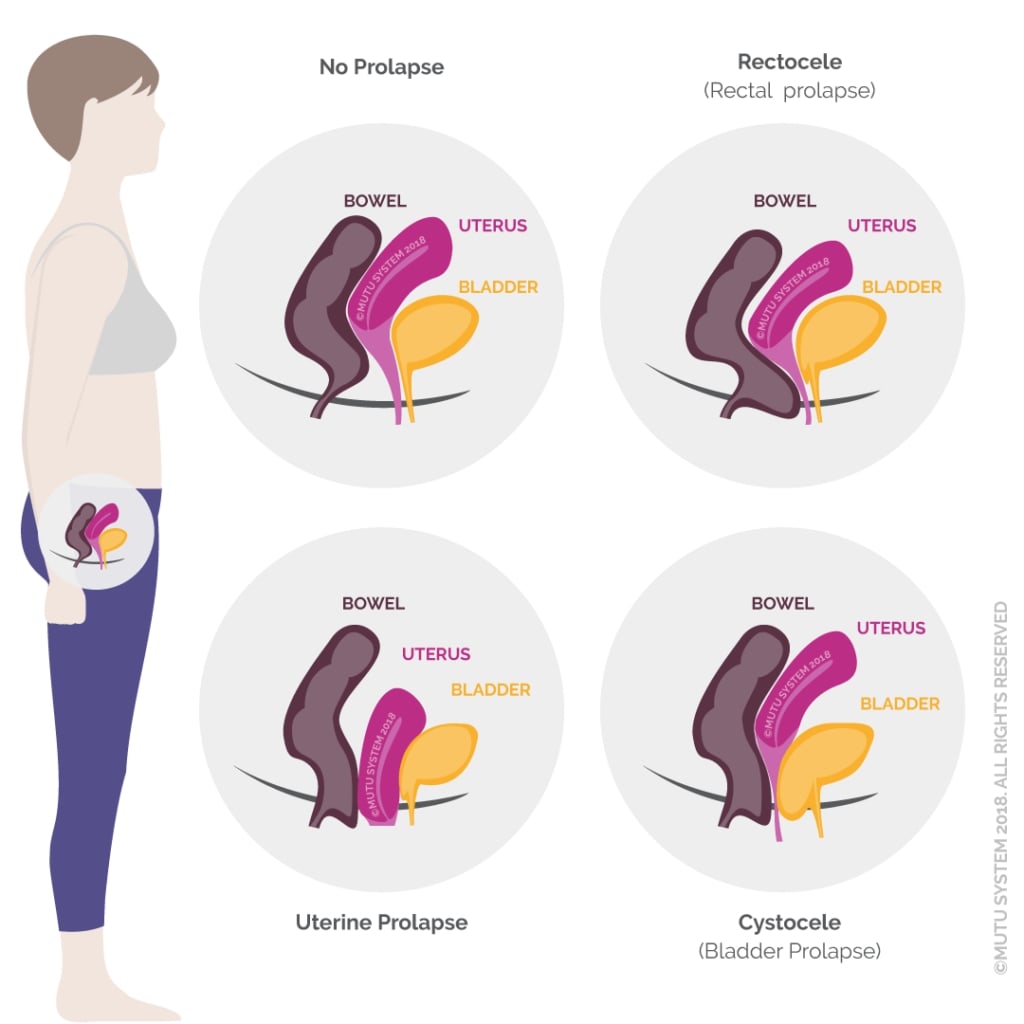You may have heard the term “vaginal mesh” or “pelvic mesh” recently. It’s been discussed in the media, by health professionals and maybe even by women in your circle of family and friends. I want to cut all the confusing jargon and scaremongering around this topic and give you the facts. By getting informed and educated on this, you will feel empowered and in control to make the informed decisions about your own recovery.
What is Vaginal Mesh?
Vaginal mesh a.k.a. pelvic mesh, transvaginal mesh or the urogynecological mesh, has been used in the surgical treatment of Stress Incontinence and Pelvic Organ Prolapse since the late 1990s. Medical professionals use this option when other options haven’t worked.
What is Stress Incontinence?
Stress Incontinence (SUI) means you pee yourself when you exercise, sneeze, laugh or do certain activities. A little or a lot of pee, it doesn’t matter, this is Stress Incontinence. It doesn’t feel good, it can make you feel embarrassed, lonely, disconnected from your body and maybe even let down by your body. It’s a common condition affecting 1 in 5 women1). Common but NOT normal. Let’s be clear, leaking of any kind, just because you had a baby or because you are a woman of a certain age, is not something you have to put up with. You deserve so much more than this.
What is Pelvic Organ Prolapse?
Pelvic Prolapse, Pelvic Organ Prolapse or ‘POP’ is caused by the weakening and/or damage of the muscles, ligaments and tissues which make up the pelvic floor and hold the pelvic organs in place. It acts kinda like a hammock, supporting your bladder, uterus and bowel. Pelvic prolapse affects 50% of women who have had children(2).

There are different types of pelvic organ prolapse:
❌ cystocele (bladder prolapse)
❌ rectocele (rectal prolapse)
❌ enterocele (small intestine prolapse)
❌ vaginal prolapse
❌ uterine (prolapse of the uterus).
POP Symptoms
Pelvic Prolapse symptoms can leave you feeling pretty sucky mentally and physically, Symptoms include pressure or pain in the vagina, rectum, or both. Feeling like your “insides are falling out”, urinary or faecal incontinence, constipation, back pain, abdominal pain, lack of sexual sensation, painful sex, and not being able to keep a tampon in.
Vaginal Mesh Controversy
Recently, there’s been a lot of controversy surrounding the vaginal mesh. While the mesh has been an effective form of treatment for some women, there are also many women who have experienced extremely serious and sometimes life-changing complications, including:
❌ mesh erosion
❌ the mesh cut through the internal tissue resulting in vaginal scarring
❌ fistula formation
❌ painful sex
❌ pelvic, back and leg pain.
Often these complications occurred years after the surgery and have become difficult to treat.
The mesh went through clinical trials before its introduction, which showed a low level of complications, but this data has now come into question. Out of over 2,220 women who had undergone pelvic mesh repair, 59% said the procedure had not resolved their initial symptoms and 58% said they were left experiencing pain during intercourse (3). The creators of this mesh are now facing many lawsuits. In the UK, the NHS announced high vigilance restrictions on the use of this mesh on 10th July 2018 (4).
Our heartfelt sympathy, support and love go out to all the women who were let down and had to suffer the devastating consequences of this regulatory failure.
Every woman deserves the dignity of a body that works and that makes her feel good. We believe in giving you the right information and education so that you can make your own informed decisions about your body and your recovery.
At MUTU our goal is to empower women using natural, proven and holistic techniques.
So that you can take control of your recovery, gain knowledge and information to strengthen your pelvic floor in the comfort of your own home.
If you’re suffering from any of these symptoms, find out more about how the MUTU System programme can help you.
- https://www.sciencedaily.com/releases/2017/05/170528192055.htm
- https://www.ncbi.nlm.nih.gov/pubmed/24142054
- http://healthissuescentre.org.au/news/detail/understanding-pelvic-mesh-updates
- https://www.rcog.org.uk/for-the-public/browse-all-patient-information-leaflets/pelvic-organ-prolapse-patient-information-leaflet/









